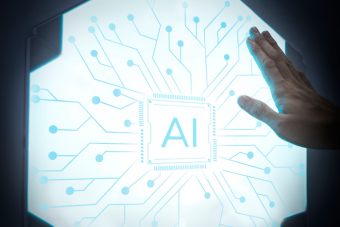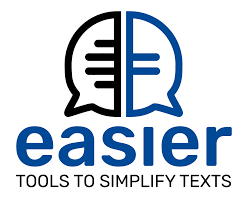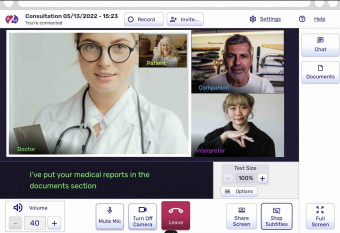The proposed research line focuses on the development of technology based on Artificial Intelligence (AI) and Large Language Models (LLM) from an inclusive and sustainable perspective, seeking to advance how these technologies can be improved along with human-computer interaction (HCI). This line addresses several key aspects, such as:
- Accessibility and Inclusion: Research dedicated to creating AI and LLM systems that are universally accessible, with a particular focus on adaptive technologies that can be used by people with diverse abilities, including those with disabilities. Methods to make interaction with AI more accessible and intuitive for less experienced users are explored.
- Personalization and Contextualization: Development of AI and LLM models that not only generate natural language but are also capable of adapting their responses and solutions to the specific needs, preferences, and contexts of users. This includes content personalization, interface adaptability, and the ability to interpret human intentions and emotions more accurately.
- Sustainability: Research on how to make AI and LLMs more energy and computationally efficient. This approach seeks responsible use and minimizing the carbon footprint of AI technologies, developing algorithms that require less computing power and promoting sustainable development practices within the technological community.
- Human-AI Collaboration: Exploration of new models of interaction between humans and AI systems that go beyond assistance to joint problem-solving. We investigate how machines can act not just as tools or assistants but as collaborators that enhance human capabilities.






